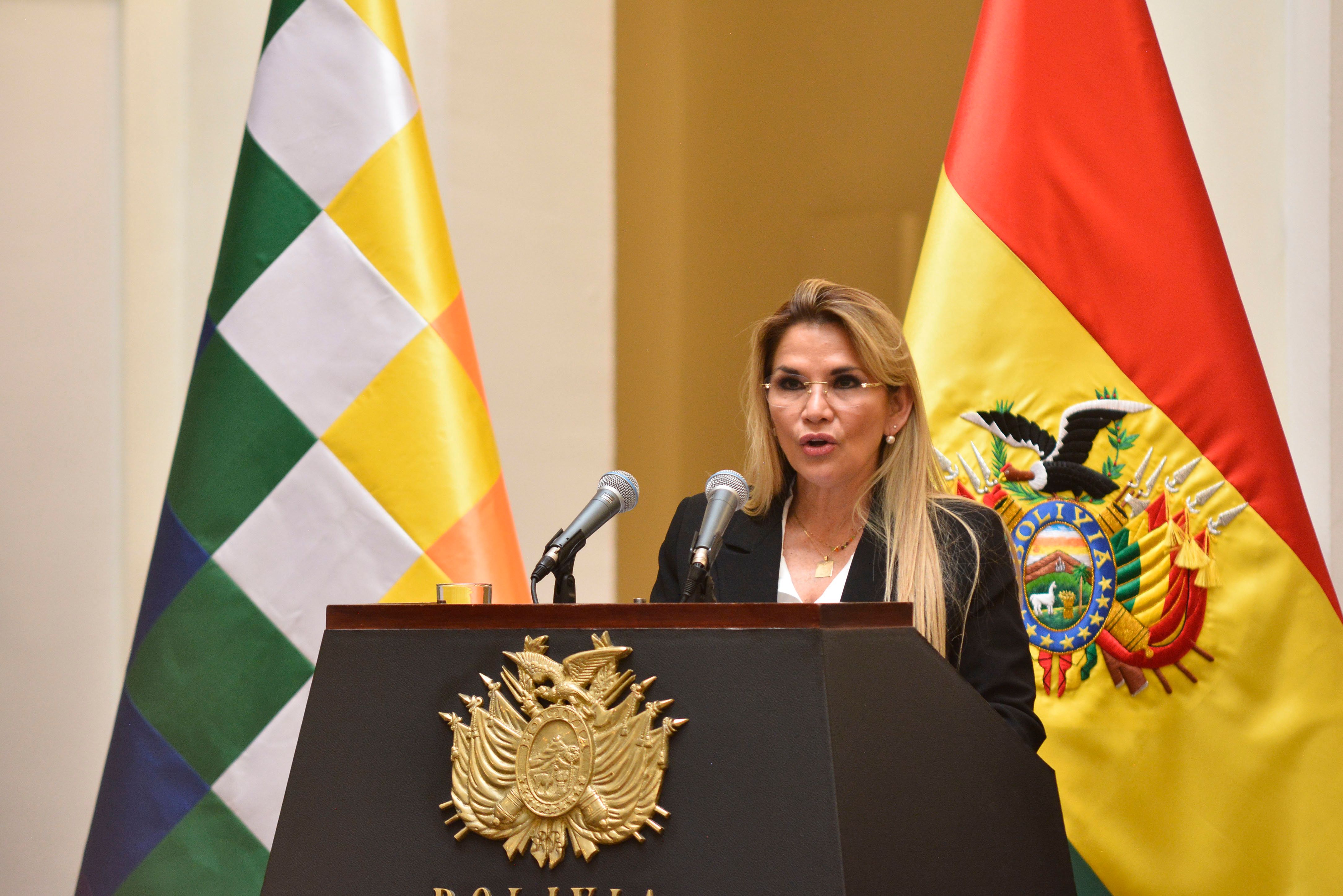Coronavirus Politics Daily: Bolivia's endless "interim," Philippines' war on the media, EU asserts itself in the Balkans
Bolivia's endless "interim:" Coronavirus makes it hard to hold elections these days, and that seems to suit Bolivia's interim president Jeanine Áñez just fine. Áñez, an outspoken conservative, took power last fall after the Andean country's long-serving leftist president Evo Morales was ousted amid protests over election fraud. At the time, Áñez was expected to stick around for a few weeks to organize a new, fair election and then stand aside. But she quickly took bold steps to undo Morales' legacy and then, despite initially claiming no interest in the presidency, launched her own candidacy. The election was supposed to have been held last weekend, but was cancelled over public health concerns. Now parliament, still controlled by Morales' party, has voted to hold the ballot within 90 days. But Áñez, who is polling behind Morales' preferred candidate despite her well-regarded response to the coronavirus pandemic, says that's too soon to do it safely. That sets up a bitter fight in an already deeply polarized country, and it doesn't help that low oil prices are throttling Bolivia's gas-exporting economy. Until the elections issue is resolved, expect things to get ugly in the "interim."
Duterte's government gags the media: In an unprecedented move, the Philippines government ordered the nation's largest broadcast network, ABS-CBN, to shutter its operations Tuesday, leaving blank the screens of millions of Filipinos seeking news about the coronavirus pandemic. President Rodrigo Duterte, a rough-spoken populist who often targets the press, said the order to close down radio and television operations came from an independent commission. But critics, including some who are aligned politically with the president, say it's an attempt to muzzle any criticism of his response to the coronavirus crisis. Reporters have already documented inadequate protection for healthcare workers and poor social support amid lockdowns which has led to widespread hunger. During Duterte's tenure, the Philippines has become one of the most dangerous places in the world to be a journalist, ranking 136th in this year's World Press Freedom Index.
EU counters China and Russia in the Balkans: During avideoconference with six Balkan countries – Serbia, Kosovo, Montenegro, Albania, Bosnia, and North Macedonia – the EU delivered a clear message: stop falling for overtures from China and Russia. As protective equipment has been in short supply around the world in recent months, Beijing and Moscow have both enthusiastically sent gear to many countries, drawing praise particularly from Eastern European countries that have complained of insufficient support from Brussels. But during the videoconference, representatives from all 27 EU states pushed back on this narrative, reiterating that the 3.3 billion euros recently doled out to states from the West Balkans by the bloc far outweighs anything Moscow or Beijing have sent through. But beneath the great power geopolitics, are the Balkan states playing a shrewd game of their own? They want to join the EU, and they may wager that showering praise on Russia and China will spook Brussels into speeding those talks. Whether that approach will work during a pandemic and global depression is less clear.
